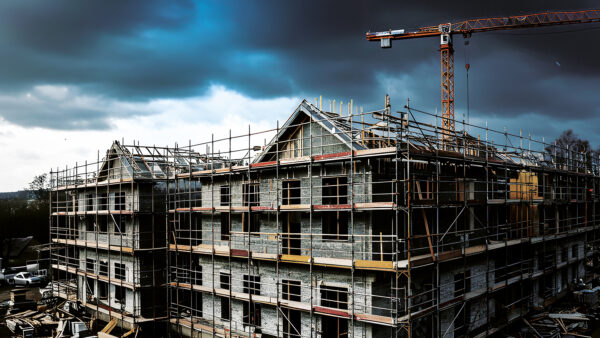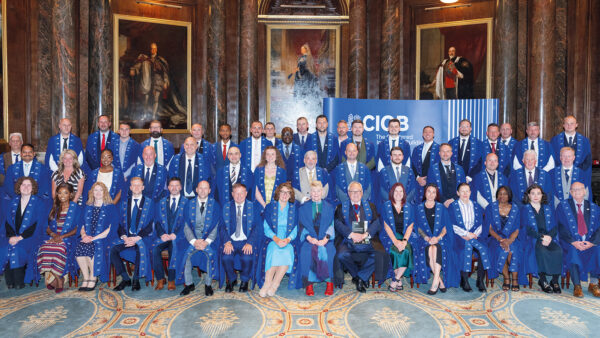
With the next UN Climate Change Conference (COP26) just five months away, it is more important than ever that professional bodies work closely with policymakers to facilitate the built environment’s transition to net zero, says Felicity Handley.
The built environment contributes approximately 40% of the UK’s total carbon footprint while also significantly impacting natural habitats, according to the UK Green Building Council. The country’s building stock must be nearly completely decarbonised by 2050 if we are to reach net zero, and this effort will require coordinated, long-term action and close collaboration between industry and government if it is to succeed.
In March, Chartered Institute of Building (CIOB) chief executive Caroline Gumble wrote about how the organisation is taking action on climate change, including through membership of the Construction Industry Council’s (CIC) Climate Change Panel. Since then, CIOB has assumed leadership of one of the panel’s 10 workstreams – Competence, Ethics and Advocacy.
We are excited to be coordinating the excellent work that is already underway in this area, as well as establishing the actions necessary for professional institutions to improve levels of expertise and competency, and create codes of ethics and practice, to achieve positive environmental and social change.
Ahead of COP26, the CIOB is preparing a programme of activity to showcase the role of the built environment in reaching net zero and is delighted to be participating in the UKGBC’s Built Environment Virtual Pavilion. The pavilion will use virtual reality to showcase some of the most outstanding examples of sustainable building from around the world, providing a focal point for the property and construction sectors at the event.
The country’s building stock must be nearly completely decarbonised by 2050 if we are to reach net zero.
The CIOB also continues to play an active role in the Construction Leadership Council’s (CLC) Domestic Repair, Maintenance and Improvement Working Group, which has now published its second iteration of the National Retrofit Strategy – a 20-year blueprint for how the construction industry can work with the government to retrofit the UK’s 28 million homes.
The CIOB has joined 38 other built environment organisations in writing to the secretary of state for business, energy and industrial strategy, to call for the implementation of the CLC’s National Retrofit Strategy to make green home upgrades accessible and affordable, subsequently saving 2.53 million tonnes of carbon dioxide in the first four years and creating 100,000 jobs.
Over the coming months we will continue to advocate the importance of sustainability within the built environment to policymakers at the highest levels and working with industry to ensure that the net zero transition is achievable and equitable.
If you have any thoughts on how CIOB can take further action on climate change, or would like to be involved, please get in touch at [email protected].
Comments
Comments are closed.












There is no “Climate Crisis”
The climate is the same. The UK gets the odd weather event but the “climate” has been the same for hundreds of years. Time and effort should go towards water management not spent on CO2 reductions which has insignificant effects on climates, global or local temperatures.